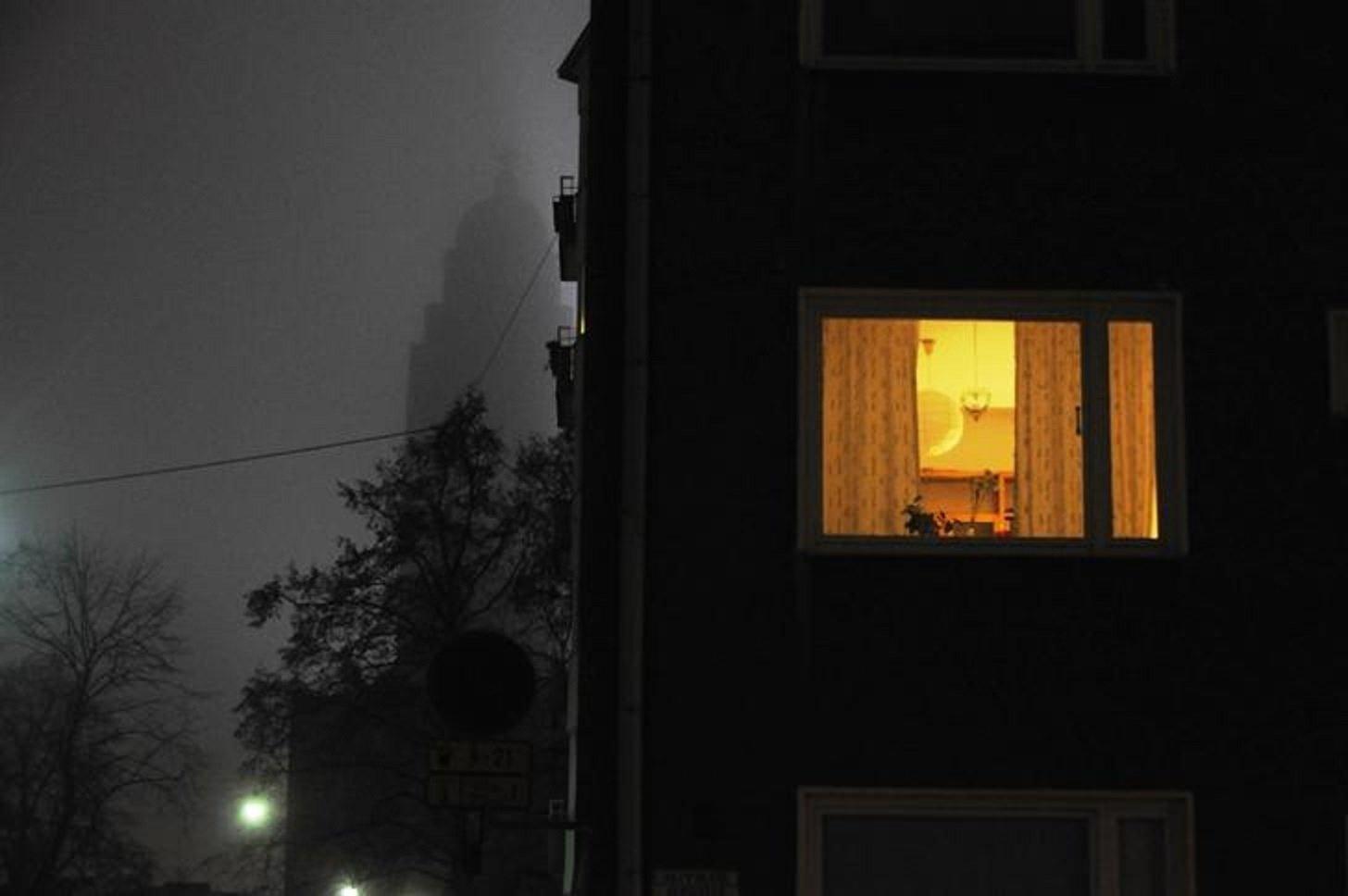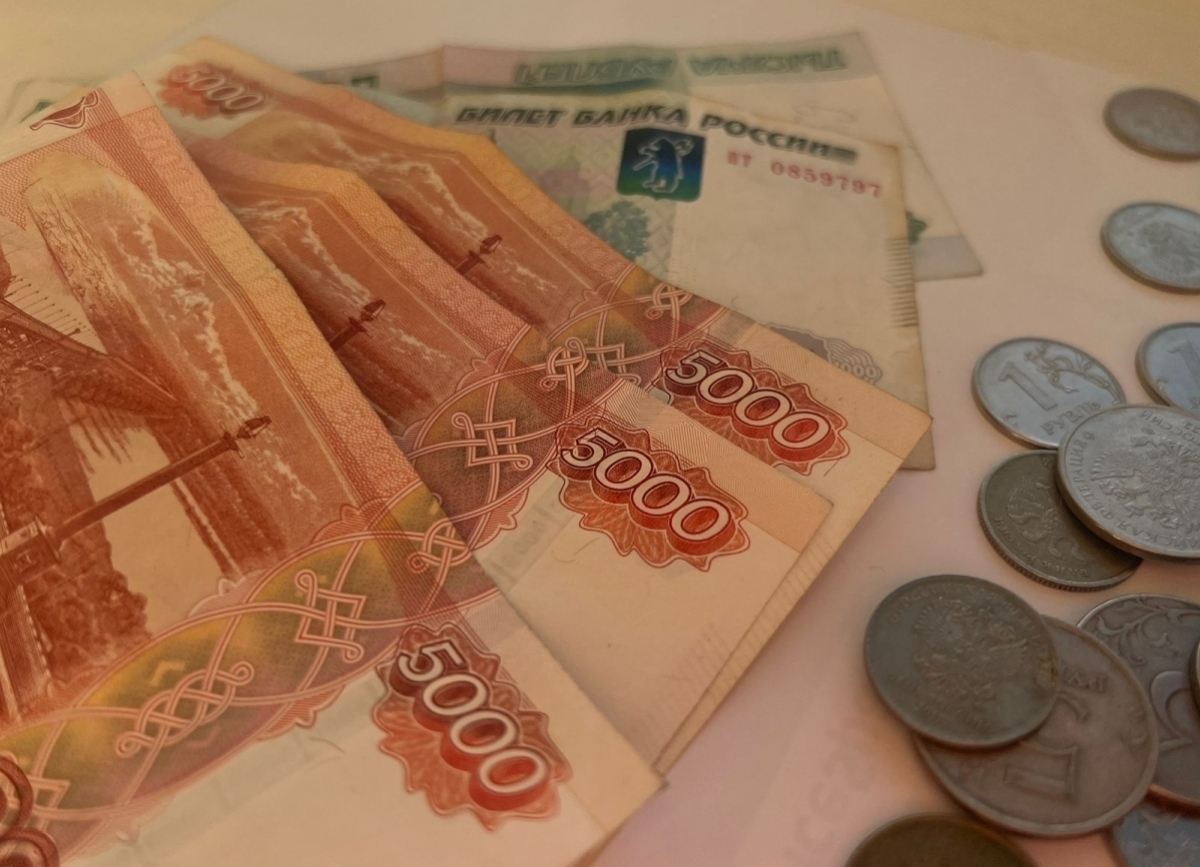Opinion: From new year, electricity in Abkhazia will triple. Why are authorities taking this step?
Electricity price hike in Abkhazia
From the new year, Abkhazia faces another sharp rise in electricity tariffs. Over the past year, the price per kilowatt has increased by 300%.
Social media users are outraged — wages and pensions, if they rise at all, do so once every five years and only slightly, yet electricity tariffs have tripled in just one year.
The opposition is also angered. It emphasizes that the latest increase in electricity prices will hit ordinary citizens’ wallets the hardest.
“At the same time, there have been no attempts to implement any economic reforms that could increase citizens’ incomes and create conditions for sustainable development. No real steps have been taken to fight corruption or ensure transparency in budget spending at all levels,” reads a joint statement by opposition organizations.
Renowned Abkhaz publicist and member of the Abkhazian Public Chamber, Tengiz Dzhopua, explains in his blog the reasons why, in his view, the republic’s government is taking such an unpopular step.

Tengiz Dzhopua:
“The economic policies pursued by the authorities always serve someone’s interests. But these are not necessarily the interests of society or even of big business.
In fact, economic factors are secondary here. The primary goal is to create conditions in the country for high tariffs and limited consumption. High prices make this possible. Then any excess electricity generation can be exported at prices far above domestic rates.”
Secondly, the rise in electricity tariffs will create demand for alternative energy sources, in areas where previously costs were not profitable or only profitable over a long time lag. For example, in gasification. Gas distribution networks are extremely capital-intensive. Significant economic justification is required, and without limiting electricity supply, that is not even considered.
Thirdly, Abkhazia’s economic policy has always revolved around the budget. At the core of the Abkhaz view of the economy is purely a fiscal concern. Importing electricity from Russia drains the government’s financial and political resources.
Both factors primarily affect the interests of the authorities themselves. They want a bit of freedom and the illusion of self-sufficiency. This is not about Abkhazia’s economic sovereignty, but rather about achieving at least a small measure of political “sovereignty” of a vassal before the suzerain. Abkhaz politicians may no longer feel ashamed to kneel, but their knees still hurt.
In times of crisis, the state seeks to influence economic processes through various instruments — fiscal, monetary, budgetary, and foreign trade tools. Of all these instruments, we only know how to use the simplest and most radical ones. Everything else is either too complex for us or simply impossible.
A crisis requires support for the economy: reducing the tax burden, cutting state administrative expenses, revising budgetary spending priorities, and so on, and so forth.
However, while declaring tariff increases, the authorities are in no hurry to announce cuts in the costs of maintaining the administrative apparatus. When talking about stricter collection from consumers, no one mentions strengthening financial discipline within the government system itself.
So, nothing really changes. Only the faces change — they have become younger and more attractive. That’s where the changes end.
Toponyms, terminology, views and opinions expressed by the author are theirs alone and do not necessarily reflect the views and opinions of JAMnews or any employees thereof. JAMnews reserves the right to delete comments it considers to be offensive, inflammatory, threatening or otherwise unacceptable.
Electricity price hike in Abkhazia




















